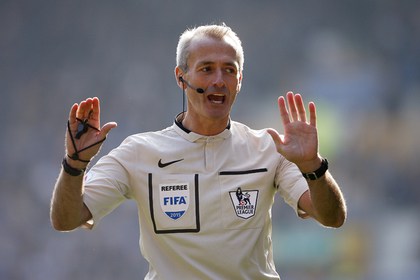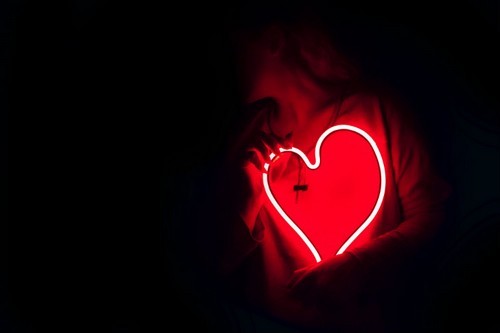We live in a world where every second at least in theory (and well, if in theory) know what a depression is.
Depressive disorder – a condition that causes a person to always be in a bad mood, feel anger towards themselves and others, become lethargic and apathetic.
But maybe you don’t know that sometimes depression can be accompanied by catatonia, when people do not react to the surrounding world.
Causes, symptoms and existing treatment options – in this article we have gathered everything you need to know about catatonic depression right now.
What is catatonic depression
Catatonic depression is a subtype of depression, characterized by the fact that the person does not speak and hardly moves, so it seems that he is in a complete daze for some time. A patient with such a depression, reminiscent of MedicalNewsToday, not reacts to what’s going on and can be extremely quiet and still.
It should be noted that before the catatonia was a subtype of schizophrenia. However, modern evidence-based medicine recognizes that catatonia can accompany many different mental health conditions including schizophrenia, depression, mood disorders, and personality disorders.
The symptoms of catatonic depression
The most common symptoms associated with catatonia are mutism (lack of speech with preservation of the vocal apparatus) and torpor (a state residing in a daze).

However, to the doctor was diagnosed with catatonia, a person must be at least three of the following twelve symptoms:
- Anxiety or concern;
- Catalepsy – transpadane condition;
- Echolalia – meaningless repetition of words of another person;
- Echopraxia – senseless repetition of movements of another person;
- Facial expression, similar to what happens in humans when they experience pain;
- Mutism – inability or refusal to speak;
- Negativism is a behavior opposite emotions;
- Stiff or unnatural posture, often for extended periods;
- Ritualistic movements such as rocking or crossing of legs;
- Stupor – reduced reaction to stimuli;
- Unusual manners;
- The classic symptoms of depression such lethargy and apathy, unexplained sadness and feelings of hopelessness.
In addition, like any depression, catatonic depression can affect the appetite of the person, the quality of sleep and ability to concentrate.
Causes of catatonic depression
Experts can’t say for sure what exactly causes catatonic depression, although in this respect there are several popular theories. Some researchers, for example, believe that catatonia is usually caused by the depletion of dopamine – the neurotransmitter associated with mood.
Depression can also be caused by a combination of several factors, including:
- changes in the structure of the brain, which can make it less sensitive to certain hormones;
- family history of depression or other mental health disorders;
- significant changes in life such as death of a loved one or a divorce;
- additional medical conditions such as sleep problems, chronic disease or ADHD;
- history of drug and/or alcohol addiction.
Diagnosis and treatment of catatonic depression
Often a person with catatonic depression does not respond to the questions asked by the physician so that the specialist may require the help of loved ones of the patient to learn more about the symptoms. The doctor will attempt to rule out other diseases that have similar symptoms. For example, a condition called neuroleptic malignant syndrome can occur when adverse reaction to antipsychotic drugs. In addition, diagnosis is often accompanied by visual investigations to rule out dangerous changes in the brain, which can also cause catatonia.
As for treatment, it is best in this sense-proven soothing and muscle-relaxing drugs, and if they are not effective, electroconvulsive therapy (ECT), which is usually performed under General anesthesia. During ECT, doctors pass an electric current through the brain of the patient, causing a seizure that has therapeutic effect. According to the World Journal of Psychiatry, ECT is effective in the treatment between 80-100% of all forms of catatonia.
As soon as the symptoms of catatonia improves, your doctor may prescribe antidepressants and psychotherapy for the treatment of primary depression. Despite the fact that catatonic depression is a very serious condition, it is, nevertheless, treatable. So it is in any case not a sentence, although to return the patient to normal life can take a long time.




Just wanna input on few general things, The website layout is perfect, the articles is very superb : D.
very nice post, i actually love this web site, carry on it